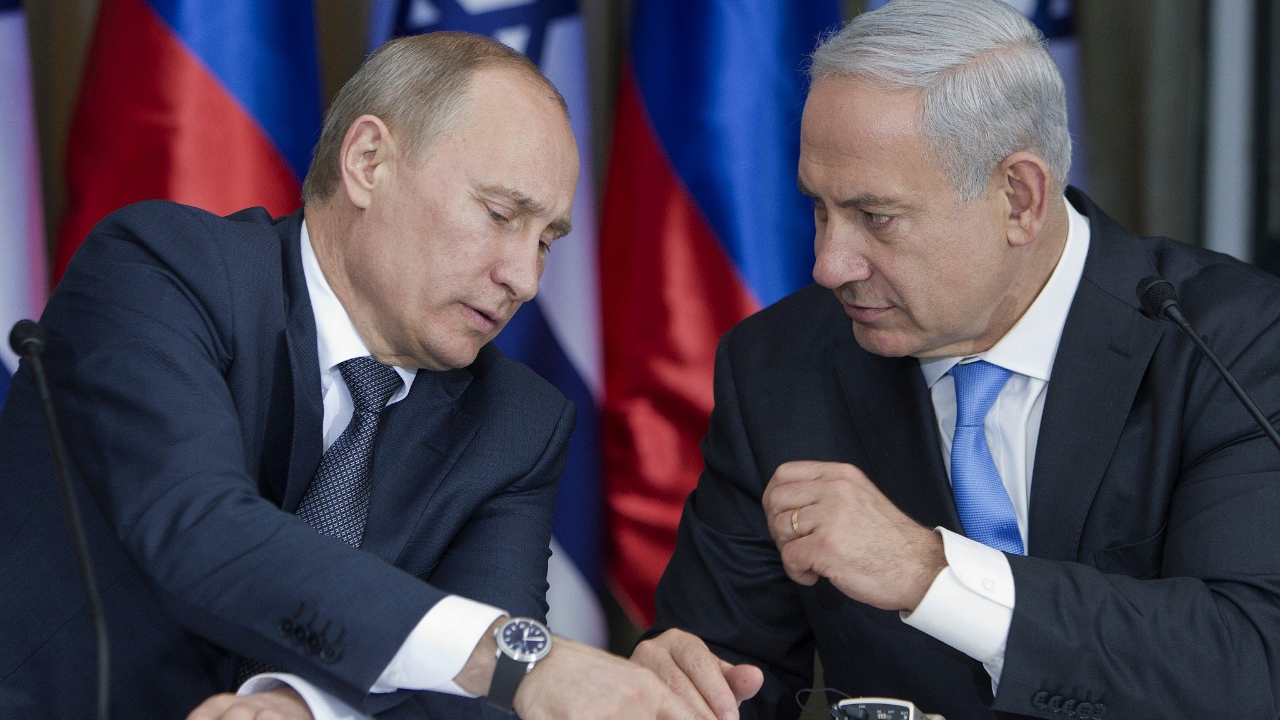
On April 13-14, 2024, Iran initiated its first direct military assault on Israel, launching over 300 projectiles that included 170 drones, more than 30 cruise missiles, and upwards of 120 ballistic missiles aimed at Israeli territory.
According to Rear Admiral Daniel Hagari, a spokesman for the Israeli military, an impressive 99% of these incoming threats were successfully intercepted.
International Defense Coalition
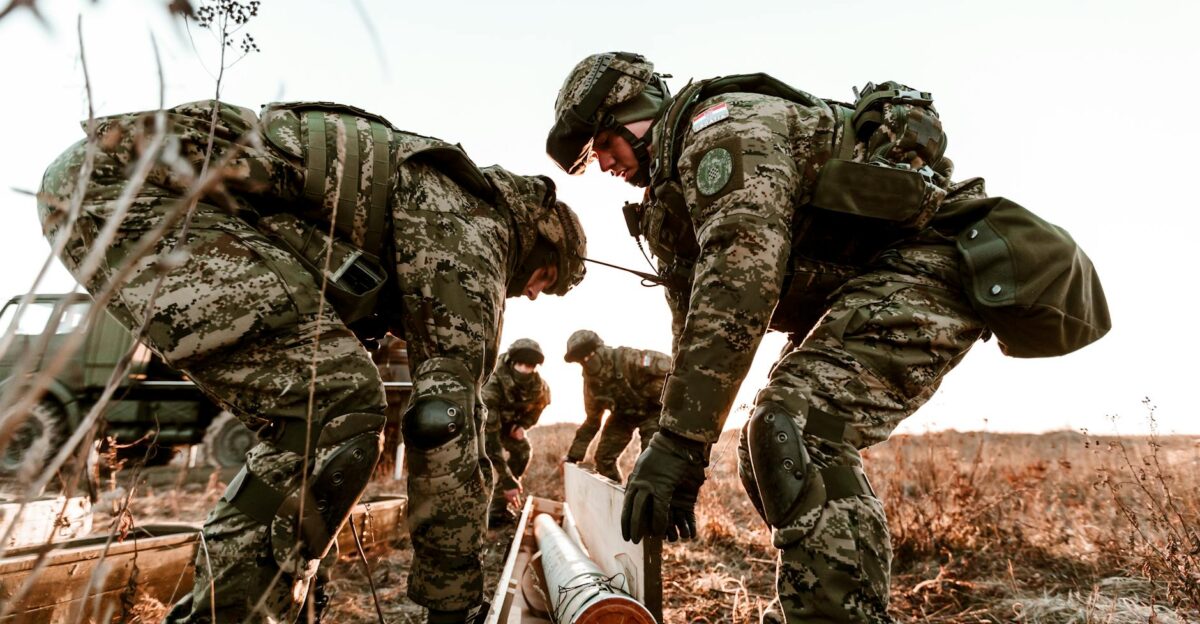
In April 2024, a coordinated effort by the United States, the United Kingdom, France, and Jordan successfully resulted in the interception of Iranian projectiles during an attack.
US forces were able to shoot down over 80 one-way attack drones and at least six ballistic missiles. Additionally, allied nations contributed essential defensive support to enhance the overall response to the threat.
Casualties from the April Attack
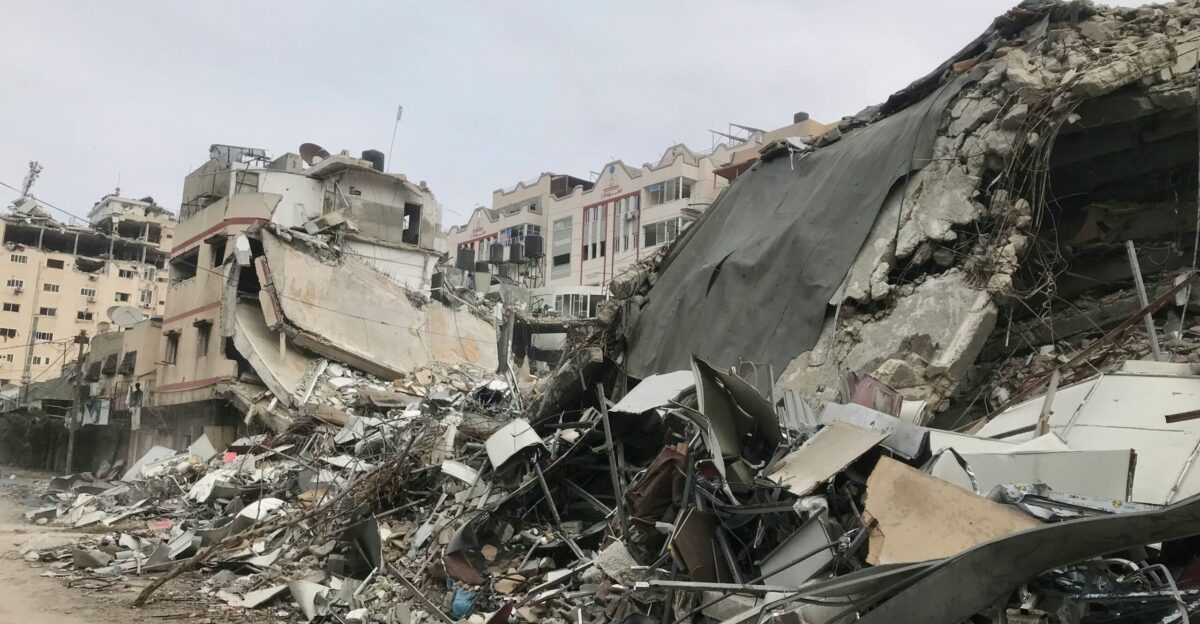
An Iranian assault resulted in minimal casualties, with a 7-year-old Bedouin girl, Amina Hassouna, seriously injured by shrapnel from an intercepted ballistic missile near Arad.
She required emergency surgery for a head wound, while 31 others were treated for minor injuries or anxiety.
Military Damage Assessment

Several Iranian ballistic missiles targeted Israeli military installations, resulting in minor damage to the Nevatim Airbase. This included damage to a C-130 transport aircraft, an unused runway, and several empty storage facilities.
Despite the attacks, the base continued to operate normally. Additionally, four other ballistic missiles struck the Ramon Airbase.
Background to April Escalation
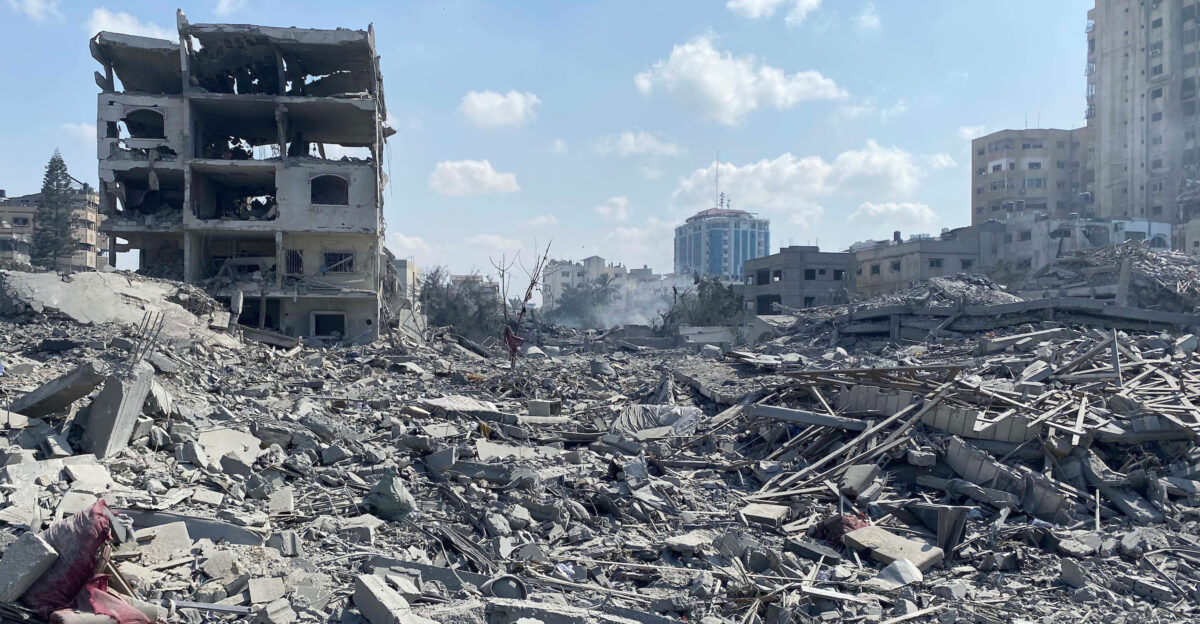
Iran’s attack was in retaliation for Israel’s April 1, 2024, strike on its consulate in Damascus, which killed seven Revolutionary Guard officers, including two generals.
It marked the first time since 1991 that a nation-state directly attacked Israel.
June 2025 Twelve-Day War
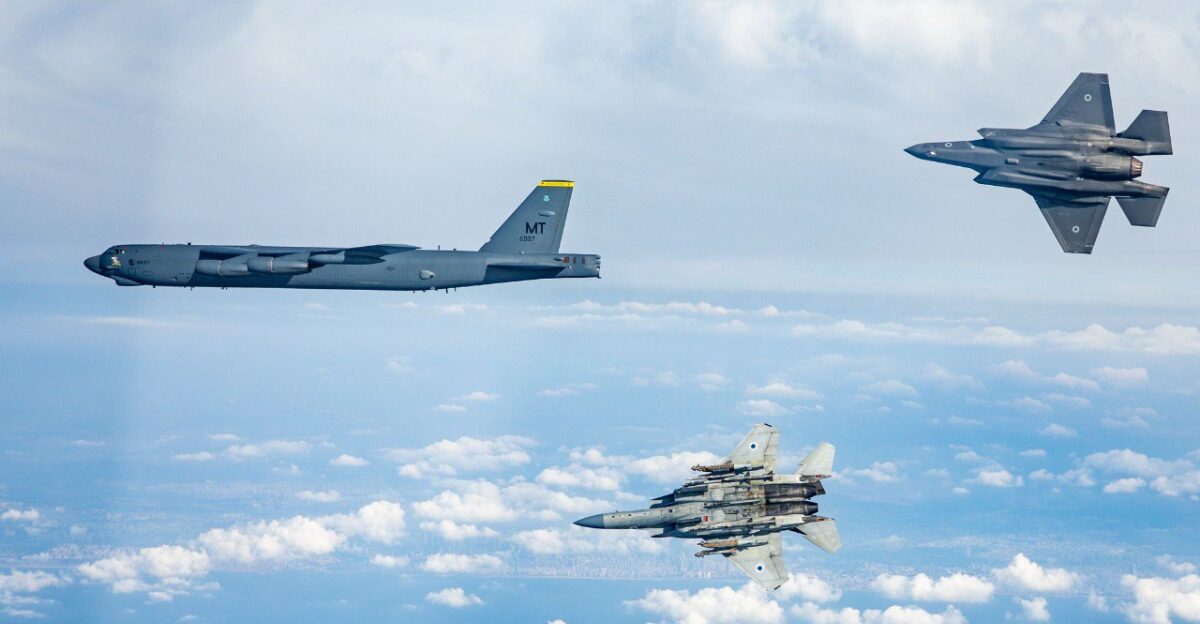
In June 2025, Israel and Iran were involved in a direct military confrontation that lasted for 12 days. The conflict initiated on June 13, 2025, when Israel conducted airstrikes targeting Iranian nuclear and military facilities.
In response, Iran launched missile and drone attacks against Israel, marking a significant escalation in hostilities between the two nations.
Trump Brokers Ceasefire
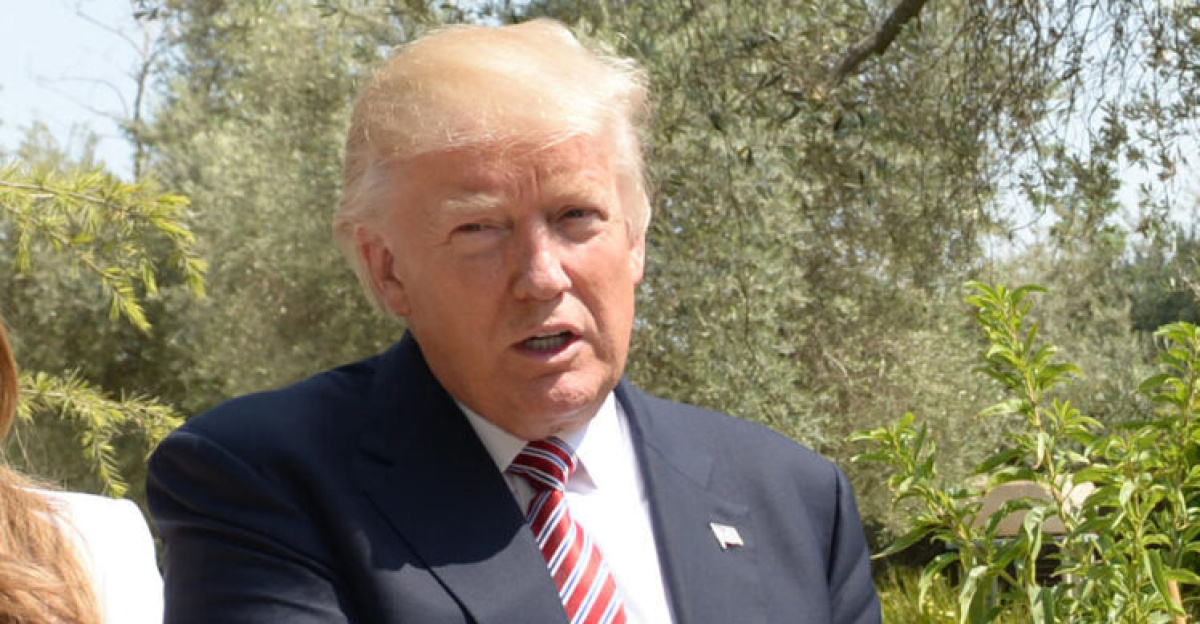
On June 24, 2025, a ceasefire was established to bring an end to the conflict that had arisen earlier that month. US President Donald Trump mediated this ceasefire.
Although the agreement halted active hostilities, underlying tensions between the two nations persisted, with both sides maintaining a state of military readiness.
Putin’s Diplomatic Revelation
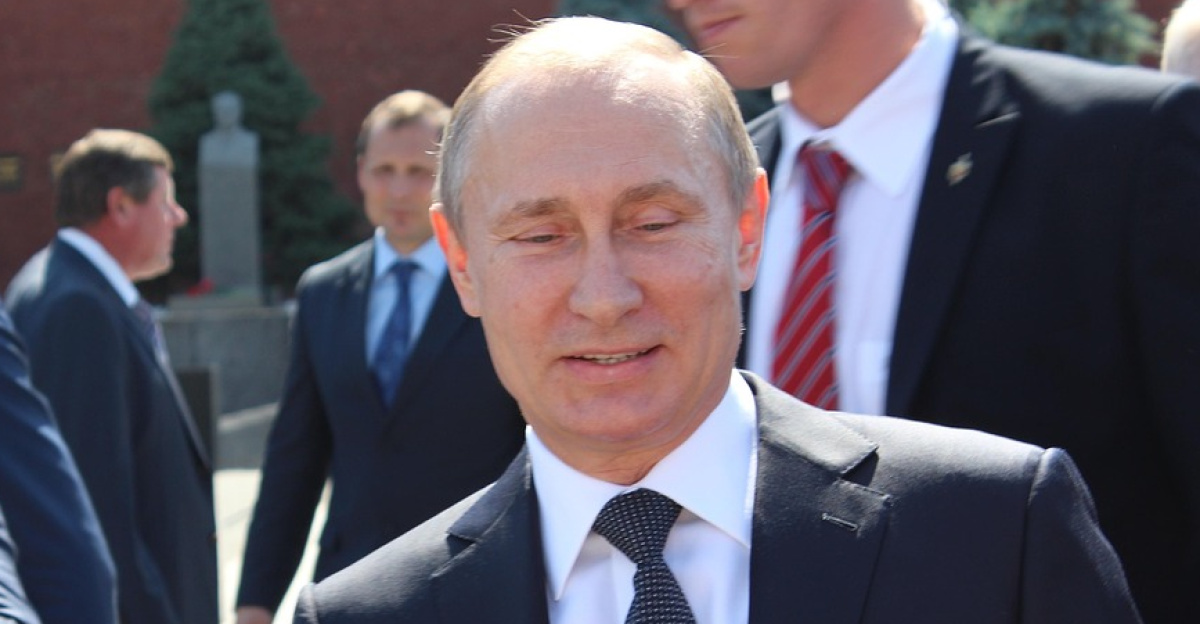
During the Russia-Central Asia summit held in Dushanbe, Tajikistan, on October 9, 2025, Russian President Vladimir Putin announced that Israel had communicated a request through Russian diplomatic channels.
The message emphasized Israel’s desire to prevent further confrontations with Iran.
Putin’s Statement
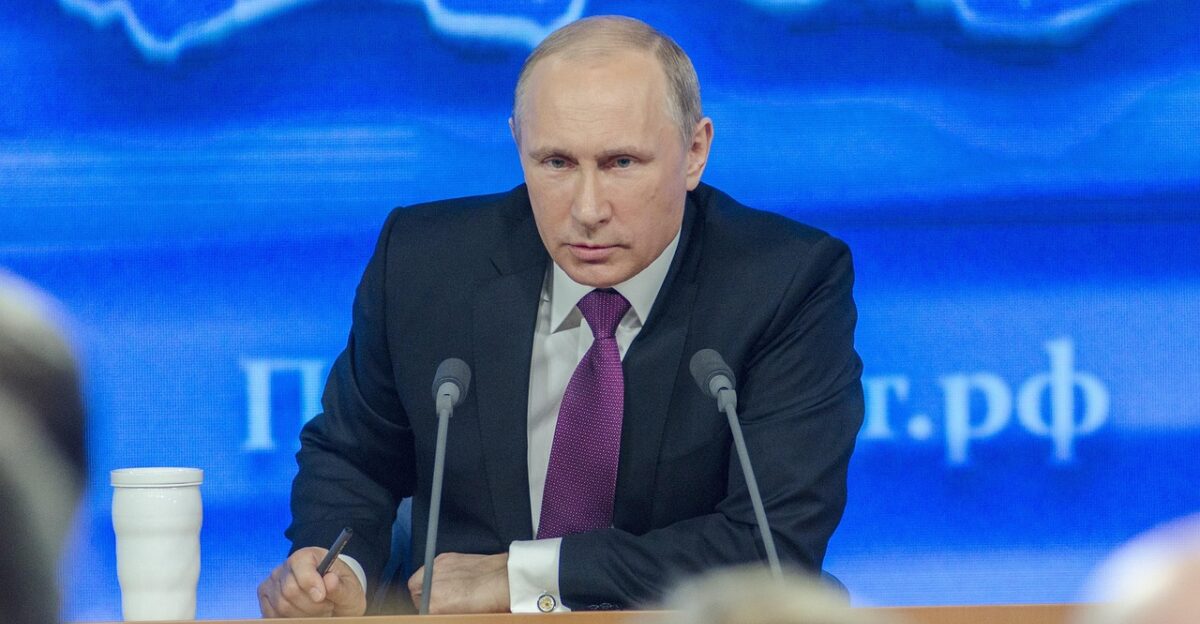
Putin stated at the summit: “We continue to maintain trusting contacts with Israel and are receiving signals from the Israeli leadership asking us to convey this to our Iranian friends that Israel is committed to further resolution and is not interested in any kind of confrontation.”
The statement was made during a broader discussion on the Middle East at the Russia-Central Asia summit, where Putin also addressed the Gaza ceasefire and emphasized Russia’s support for Trump’s peace plan.
Netanyahu-Putin Phone Call
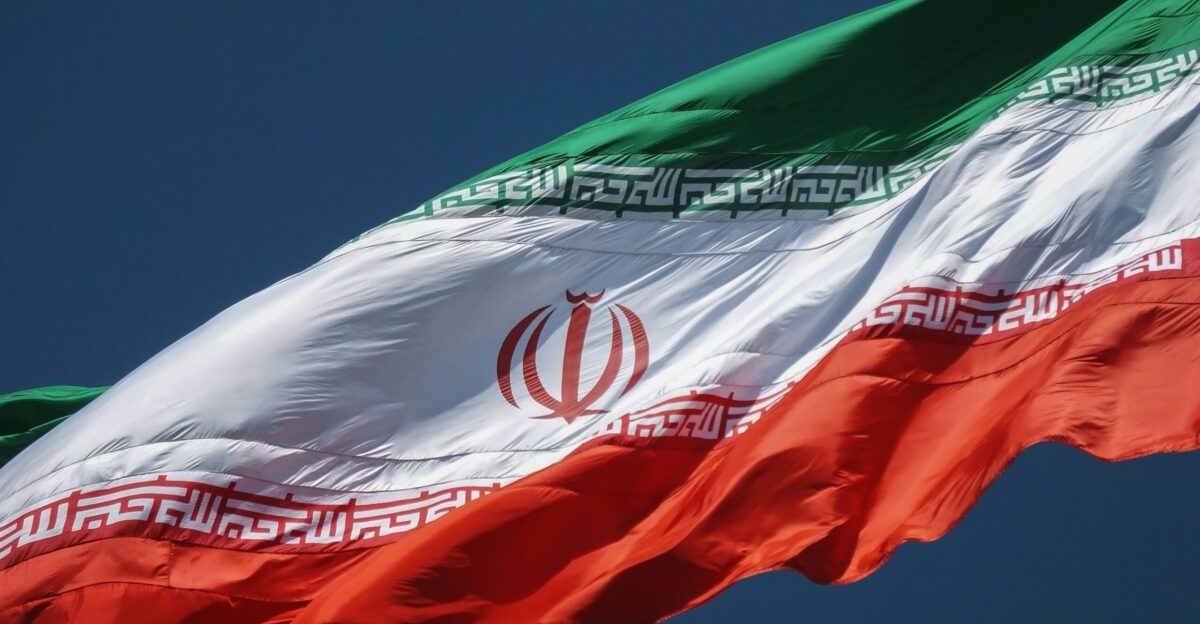
Iranian Foreign Minister Abbas Araghchi announced that a diplomatic message was conveyed following a telephone conversation between Israeli Prime Minister Benjamin Netanyahu and Russian President Vladimir Putin on October 6, 2025.
The Kremlin confirmed that the discussion focused on developments in the Middle East, including the plans related to Gaza proposed by former President Trump.
Iran Receives But Doubts The Message
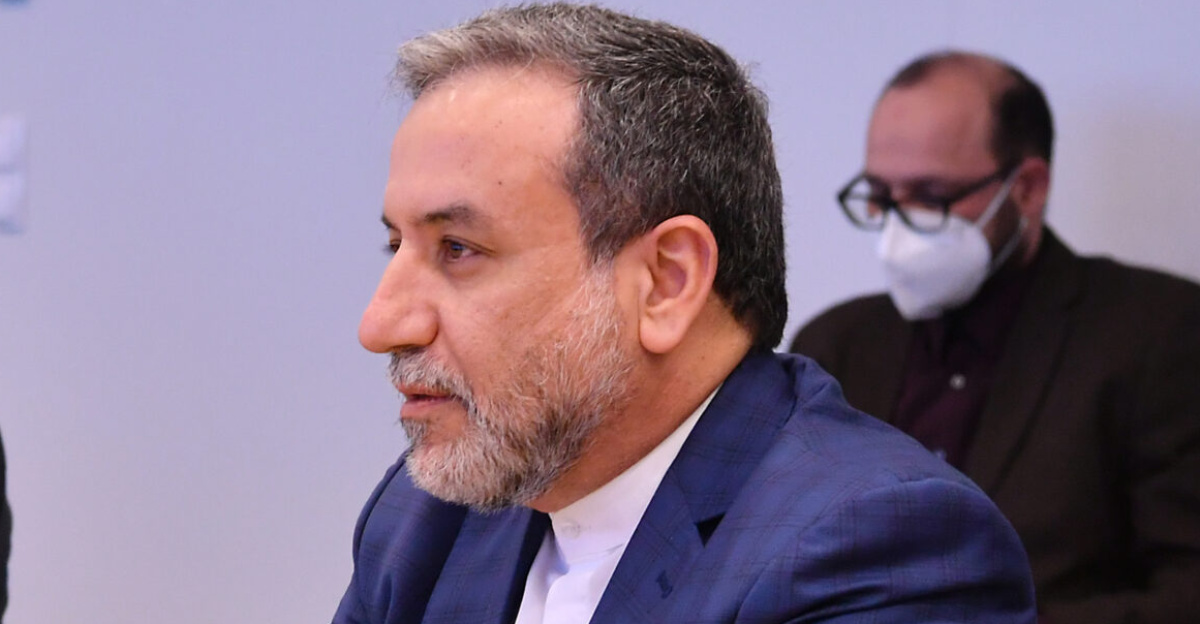
Iranian Foreign Minister Abbas Araghchi confirmed that Iran received Israel’s message through Russian diplomatic channels but expressed skepticism about Israel’s intentions, stating: “There is absolutely no trust in the Zionist regime.”
The message was relayed to Tehran’s ambassador in Russia.
Russia’s Mediator Position
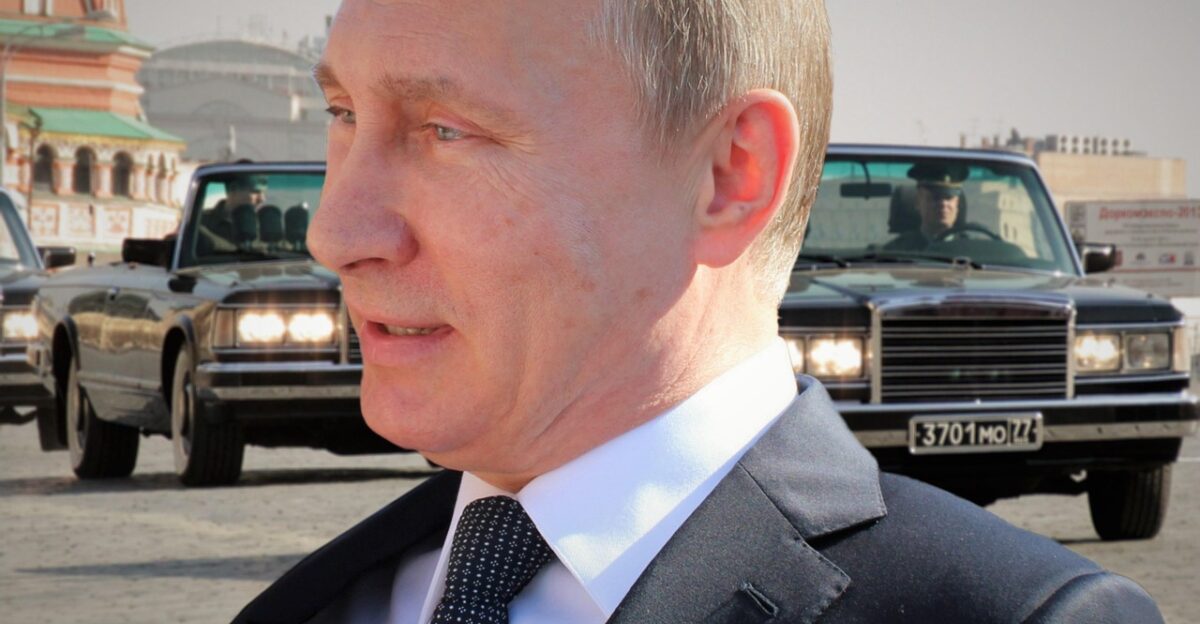
During a recent Central Asia summit, President Putin highlighted Russia’s potential as a mediator in ongoing discussions about Iran’s nuclear program and regional conflicts. He stated that there is “no reasonable alternative to negotiations.”
Russia’s diplomatic stance is bolstered by its relationships with both Iran and Israel, allowing it to engage effectively in these critical talks.
Gaza Ceasefire Context
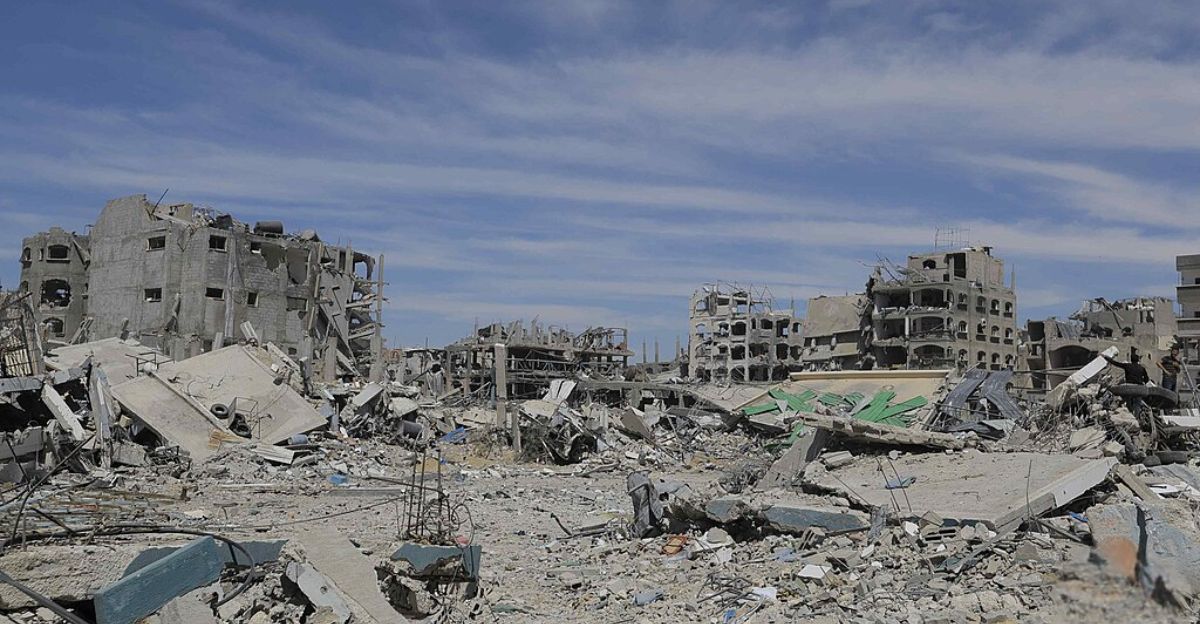
The diplomatic exchanges occur alongside the implementation of a Gaza ceasefire that began in October 2025 as part of President Trump’s Middle East peace initiative.
Iran has expressed cautious support for any plan that stops what it calls “genocidal war” in Gaza.
Iran’s Cautious Gaza Support
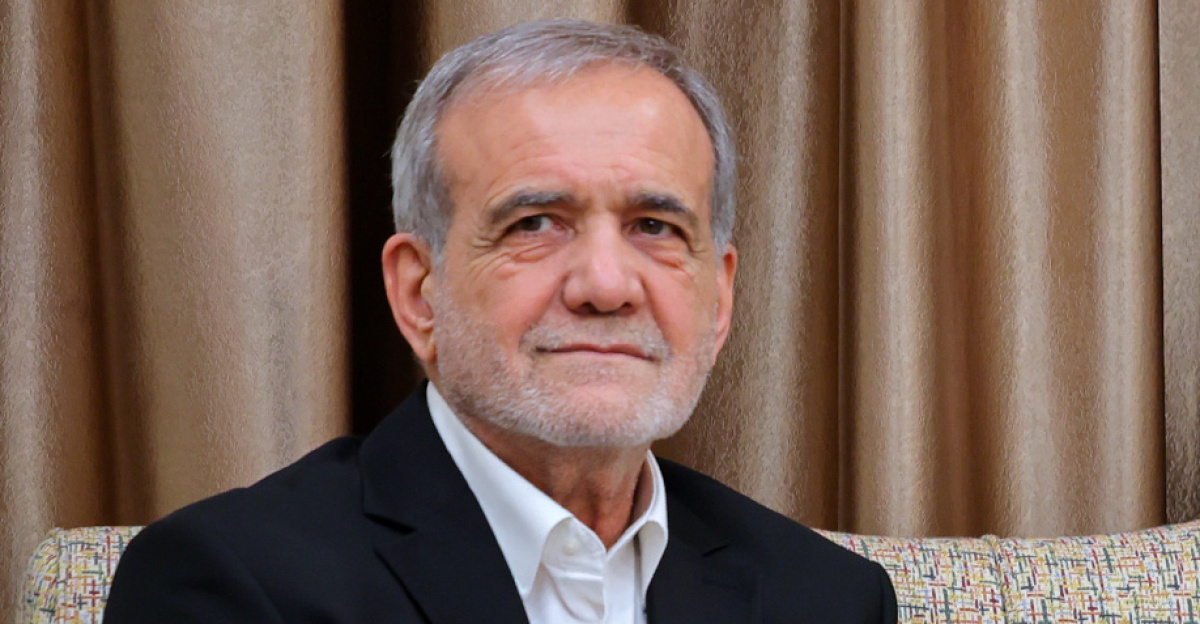
Iran welcomed the Gaza ceasefire while warning about potential Israeli violations.
Iranian officials stated they support any initiative that ends the conflict but remain skeptical about Israel’s long-term commitments to peace agreements.
Russia’s Strategic Calculations
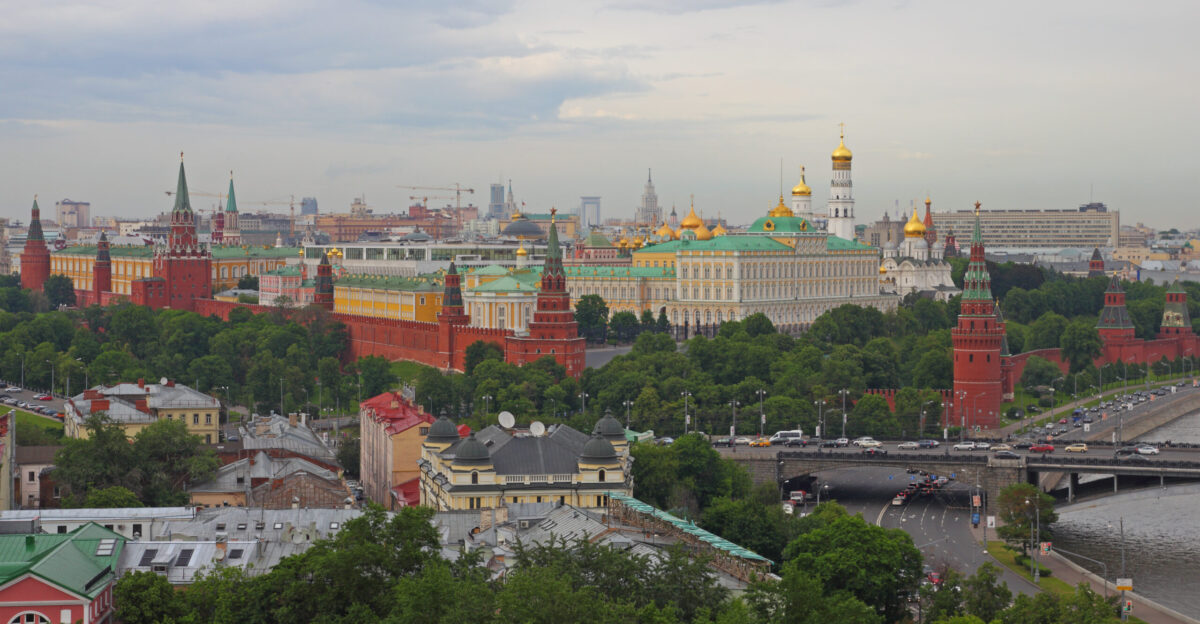
Putin’s mediation efforts reflect Russia’s strategic interests in maintaining relationships with both Iran and Israel while advancing its influence in Middle Eastern affairs.
Moscow positions itself as a regional power broker capable of facilitating dialogue between adversaries.
Historical Context of Proxy War

For decades, Israel and Iran have been locked in a shadow war, with both sides targeting each other’s interests through proxies.
The October 7, 2023, Hamas attack on Israel and subsequent Israeli operations in Gaza and Lebanon intensified regional animosities.
Regional Impact of Tensions
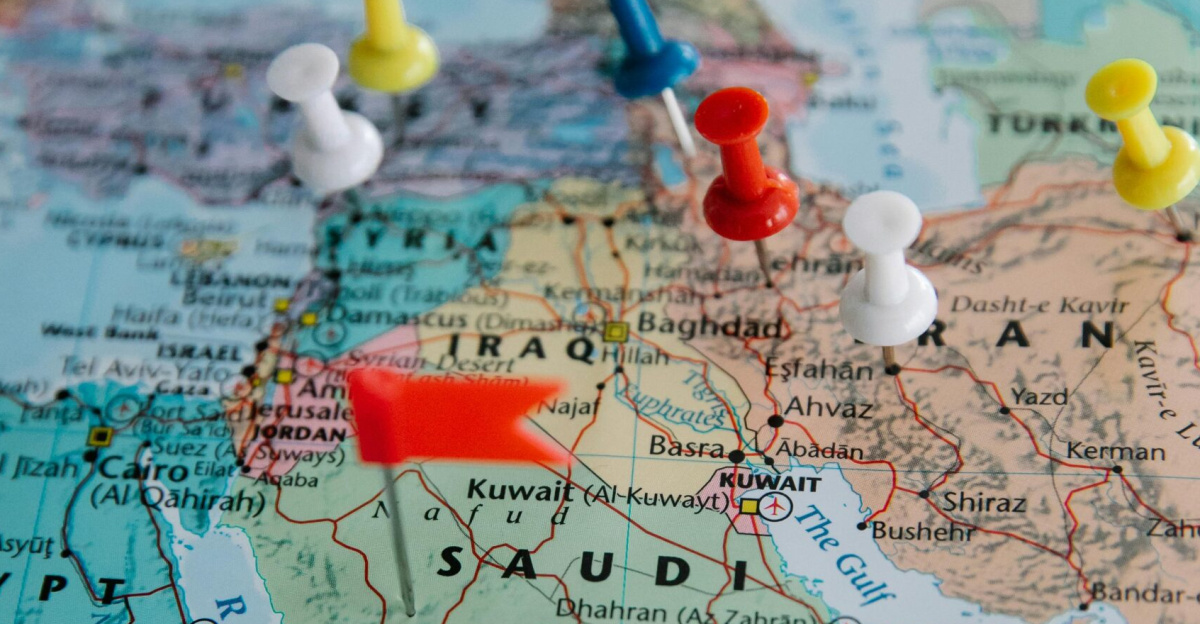
The escalating Israel-Iran conflict has affected neighboring countries, including Iraq, Syria, and Lebanon.
Regional security arrangements have been tested as multiple nations seek to avoid being drawn into a broader Middle Eastern war.
International Stakes
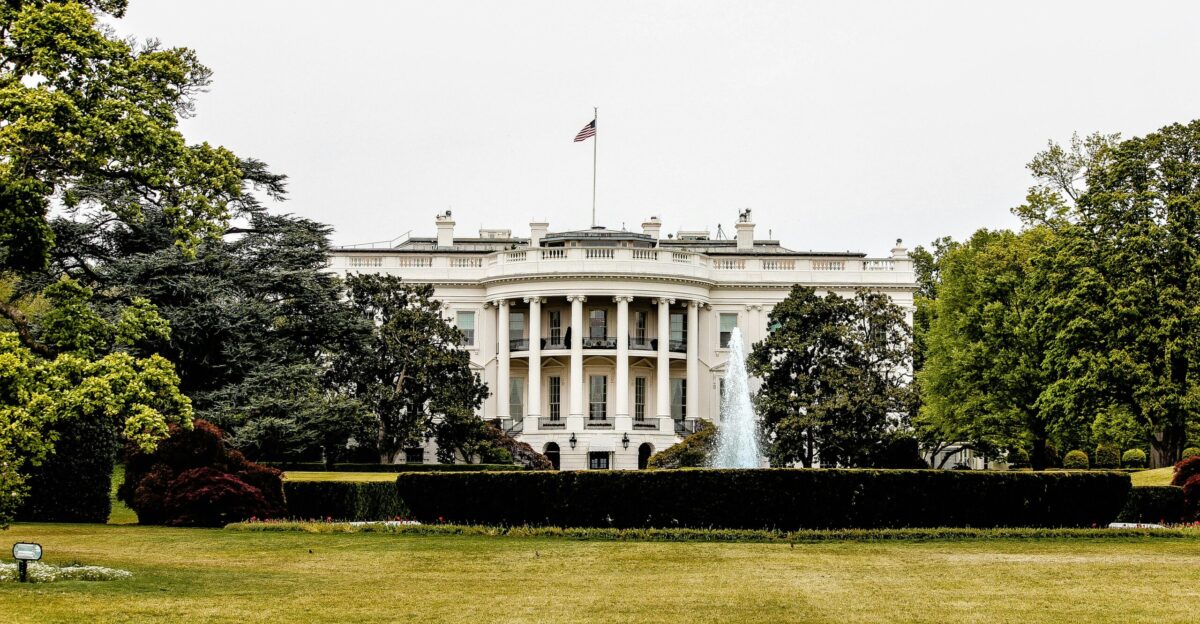
The United States maintains its support for Israel’s security while encouraging diplomatic solutions.
European Union and other international partners monitor the situation for signs of further escalation, recognizing the global implications of Middle Eastern stability.
Nuclear Program Concerns

Putin’s mediation comes amid international concerns about Iran’s nuclear program.
Russia’s diplomatic position allows it to address both Israel’s security concerns and Iran’s right to civilian nuclear technology within international frameworks.
Diplomatic Pathway Forward
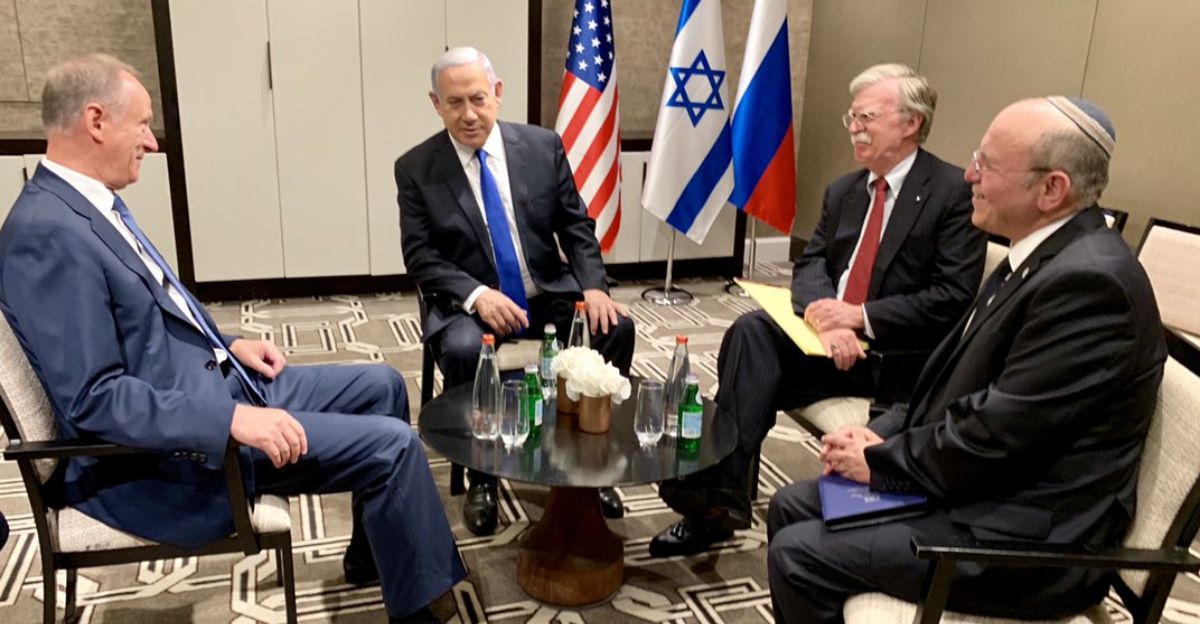
With Russian diplomatic channels now actively conveying messages between Israel and Iran, both nations face a choice between continued military confrontation and pursuing diplomatic solutions.
The effectiveness of these efforts depends on genuine commitment to de-escalation from both sides.